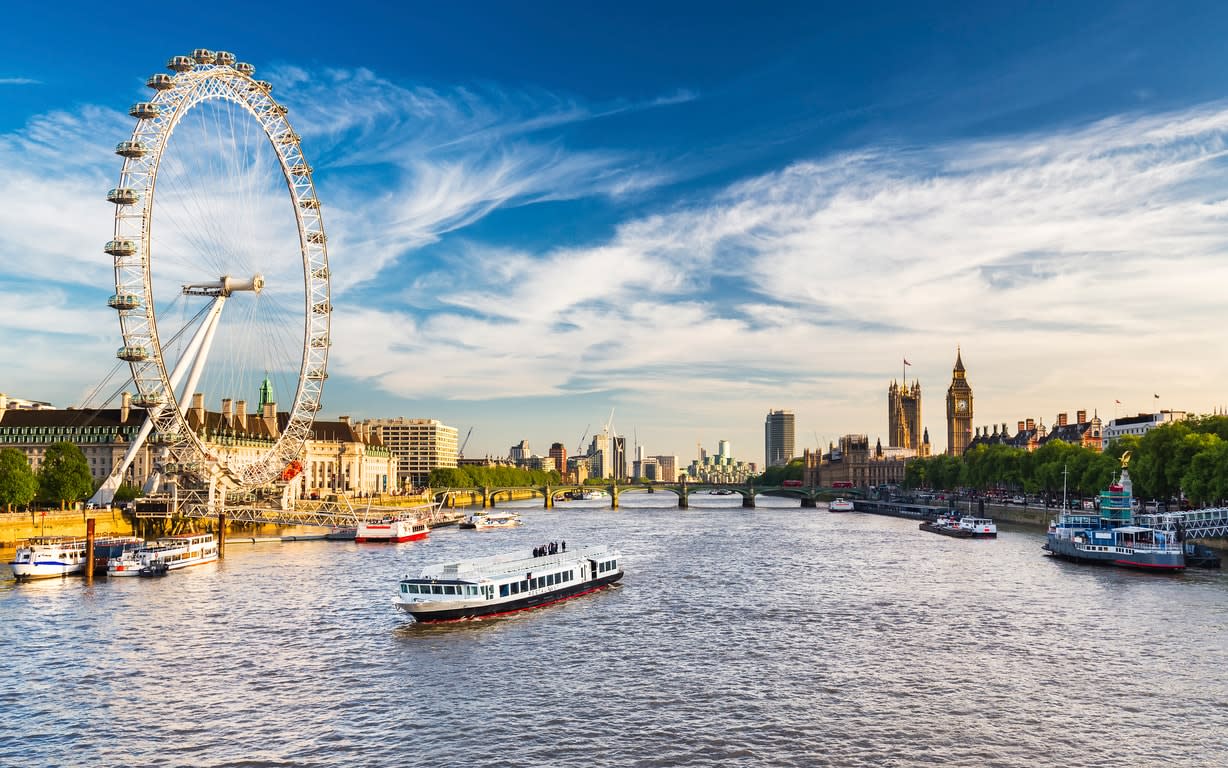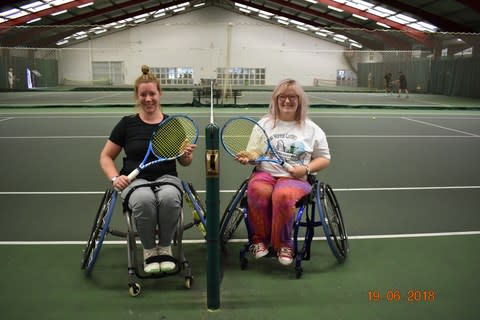How disabled travellers finally stopped being ignored – thanks to a company you might not expect

Will you be going abroad or enjoying a staycation this summer? It’s grand to have options, isn’t it?
As a wheelchair-using wanderer, I’ve often felt ignored, shut out from the types of travel my non-disabled family and friends take for granted.
But this year has marked a real change for those of us with access requirements with the introduction of Airbnb’s new accessibility filters and features. Seeing a broader recognition of integration and inclusion from a global brand, and on a website that I can now use alongside my non-disabled family and friends, is what disabled travellers want and deserve.
After acquiring Accomable, the property rental site for disabled travellers requiring accessible stays, Airbnb now features thousands of adapted properties globally, and has a dedicated accessibility team working with hosts to create a more inclusive travel community for all. And looking at it may well make you wonder why they didn’t champion travel and accommodation options for all sooner. After all, we have adventurous streaks and spending power, too.
How does this change the way I travel?
I have often been left frustrated by the lack of accessibility information for independently owned accommodations and have had my fair share of nights in perfectly adequate but often bland chain hotels – preferring the lack of personality in a bedroom to a set of stairs I unexpectedly need to conquer.
A post shared by Globe Hopper Guides (@globehopperguides) on Jan 2, 2018 at 4:38am PST
On a recent trip to London, though, I tried out Airbnb’s new accessibility filters for listings, and was able to submit my requirements for step-free access, wide doorways, a fully equipped accessible bathroom with roll-in shower and grab rails, and even a disabled parking spot and hoist availability. After looking through suitable properties in Southwark, Kennington and the Olympic Park, I settled on Leman Locke, a chic apart-hotel in East London with all the amenities I was looking for and only a stone’s throw away from Spitalfields Market and Brick Lane.
Travelling with a disability | Top tips
I stay in the capital regularly for work, but for the first time in quite a while, was genuinely excited to open the door to my apartment and see something with more character and space, rather than a beige room with a white bed. Apartments are inherently different to hotels; they offer space to live rather than just sleep, and knowing there’s now an option for me to safely cook a meal in an unfamiliar kitchen, and accessible lounge spaces that I can entertain new holiday friends in, will undoubtedly change the way that I travel.
10 ways travel needs to change in 2018
Of course not all of Airbnb’s listings are places of great character, and there’s more work to do in order to ensure that travellers with other impairments can experience the same ease when booking a stay - facilities for people with sensory impairments are notably lacking - but for wheelchair users, accessible apartment bookings are now as readily available as hotel stays.
Bonus accessible activities
Accessibility improvements don’t just stop with listings, either. Guests now can book onto more than a thousand cooking classes, tours or art workshops with knowledgeable hosts all over Britain – and these, the company told me, incorporate accessibility as standard. With Wimbledon on, I thought I’d try my hand at wheelchair tennis with Suzanne Edwards who, after sustaining a spinal injury in Morocco seven years ago and becoming a wheelchair user, is now Britain’s number five, as well as the National Doubles Champion.

Suzanne’s sporting journey started when a tedious bout of bed rest coincided with watching many hours of Wimbledon on TV, encouraging her to sign up for a local wheelchair tennis taster session. I was fortunate enough to go along and try out serves, tennis chair manoeuvres and rallies for myself. As predicted, I was far from achieving my own world ranking, shouted at the ball a lot and went home with a blistered thumb, but I had a ridiculous amount of fun with a brilliant teacher and would have a go every day if I could.
With Airbnb expecting more than 80,000 guests over the course of Wimbledon, and local residents collectively earning an estimated £2 million by opening their homes to visitors, Suzanne may just get a few more bookings from those wanting to work off the strawberries and cream!
As for me, knowing that these filters work world-wide, I look forward to more adventures, further afield.
